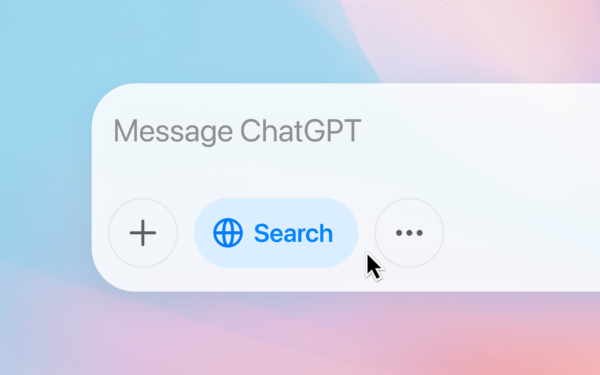In a move that might spark concerns among the developer community, Microsoft has officially deprecated support for Python 3.7 in its Visual Studio Code extension. Python 3.7, despite reaching its end of life in June, remains a highly popular version among developers.
However, Microsoft has confirmed in a blog post that they have no immediate plans to remove the code supporting Python 3.7 from the extension.
we have dropped official Python 3.7 support in the Python extension. There are no plans to actively remove support for Python 3.7, and so we expect the extension will continue to work unofficially with Python 3.7 for the foreseeable future.
While the absence of official support does not necessarily mean that the extension will stop working with Python 3.7, it does leave room for potential issues to arise. Microsoft expects the extension to continue functioning unofficially with Python 3.7 for the foreseeable future, but there are no guarantees that everything will work smoothly without the backing of official support.
Python has shifted to a yearly end-of-life cycle, and Python 3.8 is set to reach its end of life in October 2024. Consequently, the official support within Microsoft’s Visual Studio Code extension will end with the first release of 2025 and continue in this manner for subsequent versions.
Microsoft, however, assures developers that their Python extension for Visual Studio is fully compatible with all actively supported Python versions. The latest version, Python 3.12, has yet to significantly impact existing statistics. Looking ahead, Python 3.13 is scheduled for release next year, promising to introduce developers to new possibilities.
Beyond the technical developments, Microsoft’s recent launch of Python scripting within Excel underscores the growing influence of the Python language across various domains.
The move opens up new avenues for Python developers to work with data within the popular spreadsheet software. However, it’s not all smooth sailing, as recent security flaws in certain Python packages have posed challenges, especially for unsuspecting users.
Despite these ups and downs, Python has firmly held its position as a favored language among developers worldwide. Its versatility, ease of use, and extensive library support have contributed to its enduring popularity.
However, as developers navigate the ever-changing landscape, it becomes crucial for them to stay informed about the evolving support for different Python versions and to be aware of the potential consequences of using older versions without official backing.


